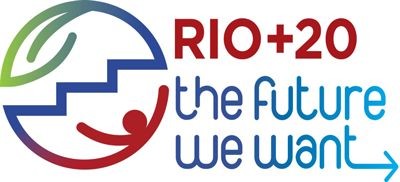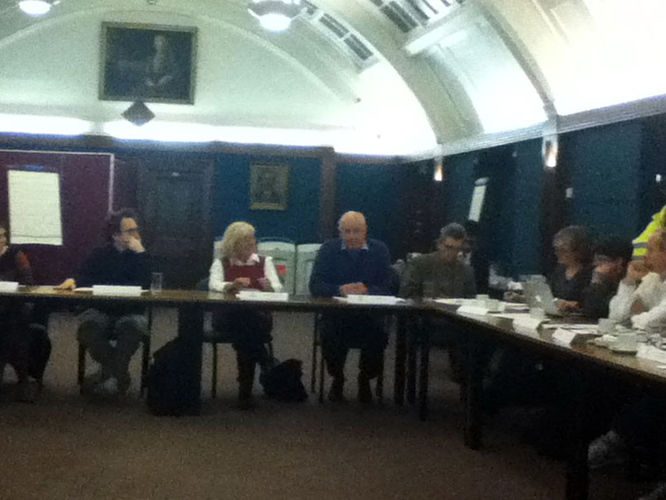November 2012 saw the launch of a UK dialogue process to explore the future o...
November 2012 saw the launch of a UK dialogue process to explore the future of education for sustainability in the UK. At the invitation of the Environmental Association for Universities and Colleges (EAUC) in collaboration with the Education Dialogue Group (EDG), 25 organisations and agencies met at the University of Westminster to explore the commitments of Rio+20 and how to put them into action.
With participants ranging across schools, university-level education, NGOs, faith-based organisations and bodies such as the NUS and UCU, each was invited to articulate a response to a collaborative discussion paper identifying our responsibilities within the Rio+20 outcome document “The Future we Want” and to share ideas about individual and collective next steps.
The meeting opened with a short address from the Rt. Hon David Heath MP, recently-appointed Minister of State in DEFRA, Department for Environment, Food and Rural Affairs. He opened by referring to the Millennium Development Goals, posing the question:
“Our ambitions on the environment have not been met. How do we grow our economy and lift people out of poverty without depleting resources, while thinking of people below voting age and those yet to be born? While Rio was the start of a process and the Sustainable Development Goals a significant outcome, there is more work to be done” (The SDGs aim to balance sustainability and development objectives).
As evidence of this government’s commitment to sustainability, he pointed to the fact that David Cameron was recently [31 July 2012] appointed to the High-level Panel to advise on the global development agenda beyond 2015, the expiry date for the Millennium Development Goals (MDGs).
The Minister also acknowledged that, “The vast majority of our children are rapidly losing touch with the natural world. Connecting young people back to the natural environment is as important as fostering a sense of community and belonging.”
He then referred to The Natural Environment White Paper, The Natural Choice: securing the value of nature (published by Defra on 7 June 2011) which outlines the Government’s vision for the natural environment over the next 50 years. He pointed out that Defra are already working with the Sustainable Schools Alliance; the Natural Connections demonstration project in the Plymouth area for learning outside the classroom; the National Trust campaign to get children out of doors and Bio-Blitzes as promoted by the Bristol Natural History Consortium.
He asserted that, “We cannot grow our economy without embracing green growth” and acknowledged the need “to engage young people in decisions affecting their lives and the environment”. At the same time, while not being able to speak for the Department of Education, he reminded us that “this government’s philosophy is to let schools manage their own affairs: a slimmed-down version of the curriculum opens up new possibilities”.
In response to the question “Is there a joined-up approach to sustainability in government, especially since the Sustainable Development Commission was disbanded?” David Heath replied that, “The Prime Minister signing up to the High-level UN-appointed Panel is a step forward. As he is co-chairing this will galvanise all UK government departments”.
While this network of stakeholders sees a potential role in opening up communications between the public sector, civil society and government, it is not seeking a consensus in actions that need to be taken, but rather, is collecting evidence of actions currently underway and processes envisioned as useful. Each organisation will bring its own perspective and strategy to the table in a process of sharing, challenging, encouraging and collaborating. What all participating organisations agree on is the clear need to educate young people for a future that sustains life many generations into the future. What this government, has not formulated so far is a clear process by which that can happen.
Written by Isabel Carlisle
Education Co-ordinator, Transition Network












